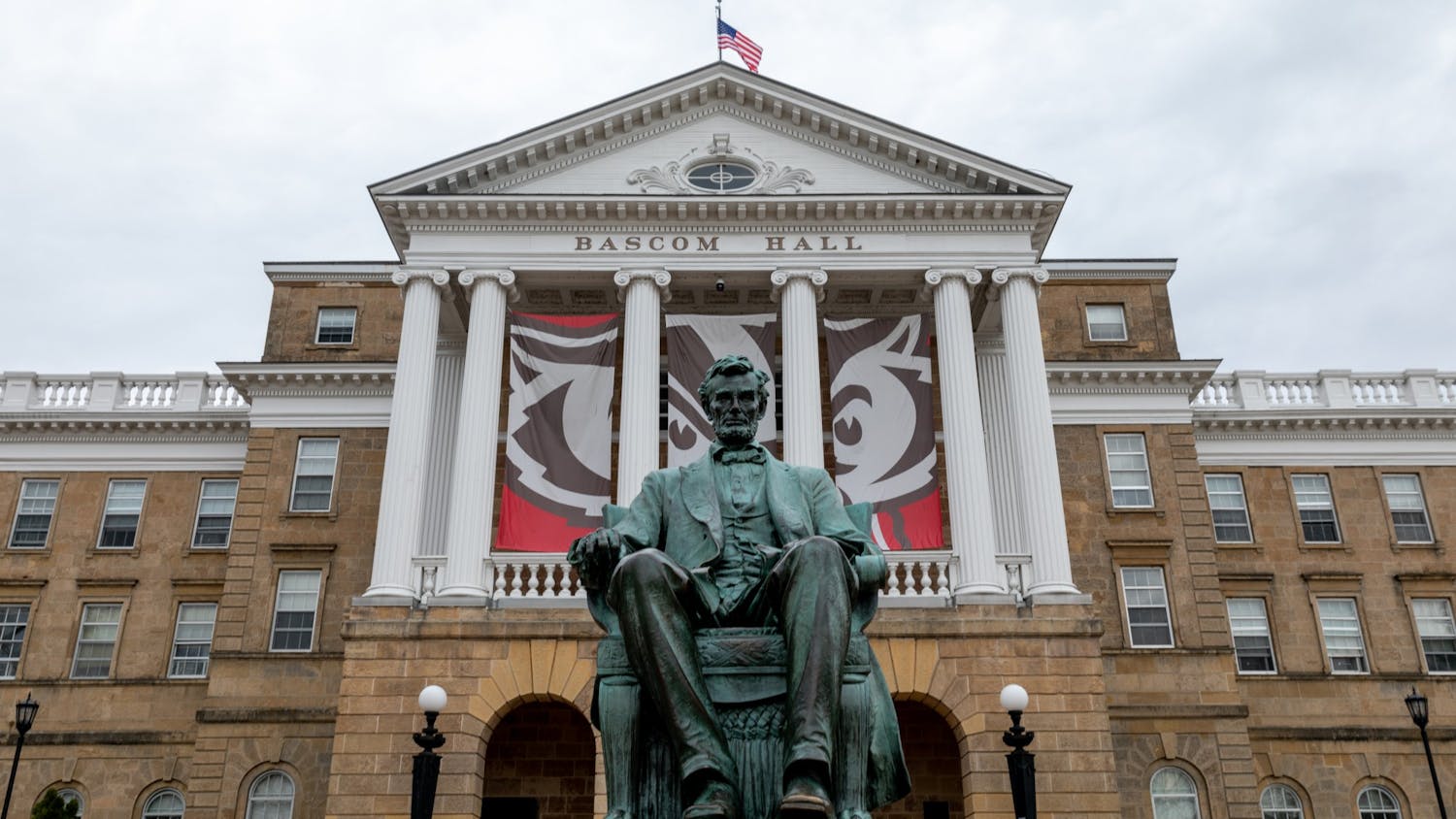UW-Madison’s spring course guide has been available for more than two months, but some legislators recently raised concerns about next semester’s offerings, particularly about an African languages and literature class called “The Problem of Whiteness.”
The class itself has now gained national attention, thanks to people like state Rep. Dave Murphy, R-Greenville—chair of the Assembly Committee on Colleges and Universities—who said the school “must discontinue this class,” and that “If UW-Madison stands with this professor, I don’t know how the University can expect the taxpayers to stand with UW-Madison.”
Our editorial board unequivocally supports not only this course, but also the university administration’s swift defense of academic freedom.
In their initial statement, UW-Madison said the course “is a challenge and response to racism of all kinds.”
UW-Madison administration has taken well-deserved criticism over the past year for their response to issues of diversity and inclusion on campus. However, their concern for protecting academic freedom by defending a class that is essential to addressing campus climate issues is encouraging, especially going into a budget year where legislators will find any excuse to cut funding.
A brutal irony exists among those who think this course should not be taught. On one hand, students are supposed to develop tough skin and not find difficult ideas offensive. On the other, this challenge and response to racism is suddenly considered offensive by the very people who could benefit greatly from the course. The course description states its goal of dismantling white supremacy. Why would anyone be against that?
Legislators often defend attacks on universities as simply making sure the education being given is legitimate. Well, the study of whiteness is not only legitimate, but necessary to confronting racism in our majority-white state and campus.
Consider the experience of Lauryn Siebold, a mixed-race student who will take the course this spring. Siebold, who is a social welfare and African languages and literature major, said she was surprised to see the level of controversy over “The Problem of Whiteness.”
“The idea that this [class] could determine the funding the school gets and whether or not a professor gets to keep their job is ridiculous,” she said. “The government is trying really hard to control your life.”
Siebold also explained complex conversations she had about the course with her friends and family. Her mother and boyfriend are both white and showed concern when she first told them about the course, but they understood its importance to the overall discussion of race.
Along with Siebold, we have deep concerns that any action by the state government to hinder this class will set a dangerous precedent going forward.
“If you are going to cut funding for these kinds of classes, who’s to stop you from cutting funding for other courses that might talk about slavery or segregation?” Siebold asked. “It really silences people who may have a different opinion and does not allow you to have academic freedom.”
Academic freedom at UW-Madison has had a rich tradition, from the now-famous Board of Regents report in 1894 where our “sifting and winnowing” statement comes from, to current faculty legislation that says “academic freedom requires that all thoughts presented as ideas or the advocacy of ideas in instructional settings … must be protected.”
This legislation correctly describes the classroom as a marketplace of ideas. This marketplace should be protected and the diversity of thought, something conservative legislators have championed in recent months, is already present.
Continued attempts to discredit legitimate academic inquiry only distract from the real issues, such as our falling research rankings, jeopardized tenure protections and lack of adequate state funding. Legislators should govern, instead of silencing academic discourse.
The title “The Problem of Whiteness,” is not equivalent to “the problem with white people.” Rather, it reflects the notion that achieving racial equity and equality necessitates an understanding of whiteness, and the privileges that come with it. One course by itself does not change everything, but with a strong defense of academic freedom, we can inch closer to a more thoughtful discussion of race and privilege.
Cardinal View editorials represent The Daily Cardinal’s organizational opinion. Each editorial is crafted independent of news coverage. Please send all comments, questions and concerns to opinion@dailycardinal.com.






